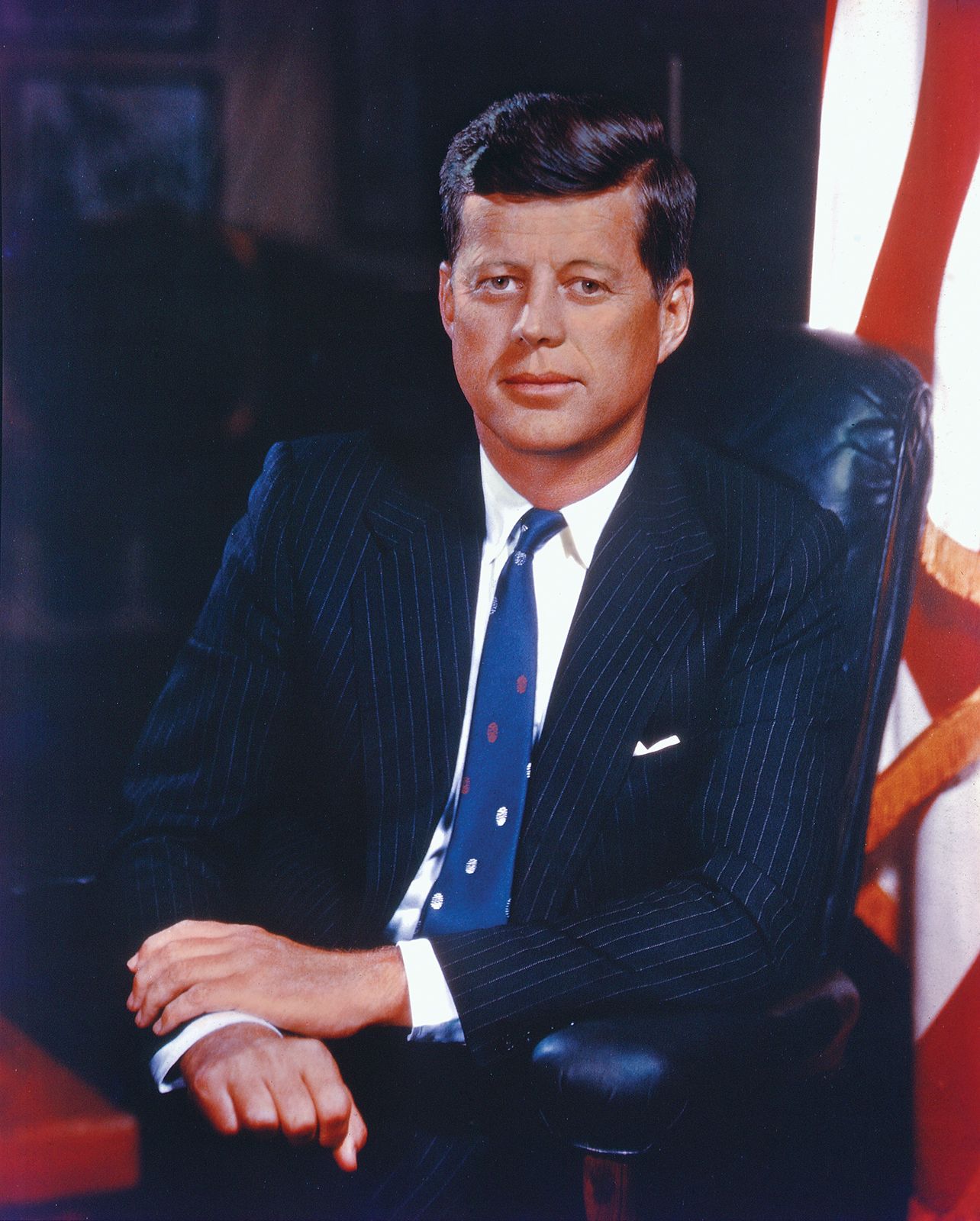The legacy of John F. Kennedy serves as a profound reminder of the resounding impact effective leadership can have in the quest for peace and understanding among humanity. As a Bahá’í follower, one can see parallels between the teachings of the Bahá’í Faith and the ideals espoused by Kennedy. Both emphasize unity, equality, and the importance of striving toward a global community. Through his presidency, JFK became a beacon for a generation, calling for an era marked by justice and compassion. This discourse will explore how Kennedy’s visionary approach harmonizes with Bahá’í principles, creating a unique tapestry woven from threads of hope, peace, and audacity.
In the crucible of the 1960s, America was grappling with its own social and political upheaval. The civil rights movement burgeoned, and the specter of nuclear war loomed ominously over the globe. At this juncture, Kennedy emerged with an ethos that championed not just American interests, but the welfare of all humankind. He articulated a vision that echoed the Bahá’í principle of the oneness of humanity, asserting that collective security could only be achieved through mutual understanding and cooperation. His renowned exhortation, “Ask not what your country can do for you—ask what you can do for your country,” encapsulated this spirit of selflessness, urging citizens to transcend parochial concerns in favor of the greater good.
Kennedy’s foreign policy initiatives, most notably his handling of the Cuban Missile Crisis, exemplified his commitment to peaceful conflict resolution. Instead of opting for military confrontation, he engaged in diplomacy, recognizing that the “language of peace” could dismantle the walls that divide nations. This decision resonates deeply with Bahá’í teachings, which advocate for the resolution of disputes through dialogue and understanding rather than aggression. The Bahá’í Faith posits that peace is not simply the absence of war; it is a dynamic process that requires continual effort, patience, and a profound commitment to empathy.
In his speeches, Kennedy often invoked the idea of a “worldwide revolution of human rights,” an idea congruent with the Bahá’í advocacy for social justice and equality. Undoubtedly, his poignant remarks on the responsibility to defend the oppressed reverberated across diverse communities, galvanizing a generation to invest in the pursuit of equity. The Bahá’í teachings posit that the realization of justice is contingent upon the participation of every individual, thus echoing Kennedy’s clarion call. The intertwining of these ideologies underscores the acknowledgment that justice enhances social cohesion and contributes to the advancement of civilization as a whole.
Moreover, Kennedy’s emphasis on education and the empowerment of youth is particularly significant. He recognized that the leaders of tomorrow reside within the hearts and minds of the youth. The Bahá’í teachings similarly underscore the importance of education as a transformative force, empowering individuals to contribute constructively to society. This shared conviction emphasizes that an enlightened and informed populace is pivotal for the development of a global civilization. As Kennedy fostered programs aimed at advancing educational opportunities, he ignited a flame within the youth that empowered them to challenge the status quo and effect meaningful change.
In an era defined by uncertainty, Kennedy’s vision offered a glimmer of hope. His belief in the potential for humanity to come together in solidarity resonates profoundly with the Bahá’í commitment to world peace. The Bahá’í writings assert that “the earth is but one country, and mankind its citizens.” Kennedy exemplified this sentiment, striving to transcend boundaries that have historically divided humanity. His aspirational perspective articulated a vision of interconnectedness and interdependence, challenging all to consider their role within the broader fabric of existence.
The importance of service, an essential tenet within the Bahá’í framework, also pervaded Kennedy’s ethos. His establishment of the Peace Corps represented a commitment to altruism and selfless service, echoing the Bahá’í belief that service to humanity is the highest form of worship. By mobilizing young Americans to assist communities across the globe, he fostered a sense of responsibility towards fellow human beings, promoting cultural exchange and mutual respect. This initiative became emblematic of a larger movement: the recognition that sustainable progress requires the active involvement of individuals committed to the betterment of society.
Kennedy’s legacy is nuanced, rich with lessons that continue to inspire individuals seeking to cultivate a more compassionate world. His ability to galvanize action and inspire hope mirrors the Bahá’í emphasis on the power of united community efforts. The universality of his message of peace embodies the Bahá’í aspiration for a world where diversity is celebrated, and harmony prevails.
Kennedy often faced the daunting challenge of balancing idealism with pragmatism, yet he managed to navigate tumultuous waters with a deft touch that history has lauded. This delicate equilibrium parallels the Bahá’í teachings, which advocate for a harmonious convergence of spirituality and materiality as crucial for societal advancement. The realization of a peaceful world demands that humanity recognize its shared destiny—a fundamental principle articulated by both Kennedy and Bahá’u’lláh.
In conclusion, the legacy of John F. Kennedy remains a testament to human potential—the power to inspire, unite, and facilitate profound change. His vision for a brighter future resonates deeply with Bahá’í principles, as both emphasize the importance of peace, justice, and service to humanity. The call for global unity and cooperation transcends temporal confines, standing as a timeless dialogue urging each of us to contribute actively toward a more harmonious existence. In embracing Kennedy’s legacy, individuals are invited not merely to reflect on his words but to manifest his dreams into reality, thus becoming architects of our collective destiny. We are, indeed, called to be the peacemakers in a world that yearns for healing and understanding.
